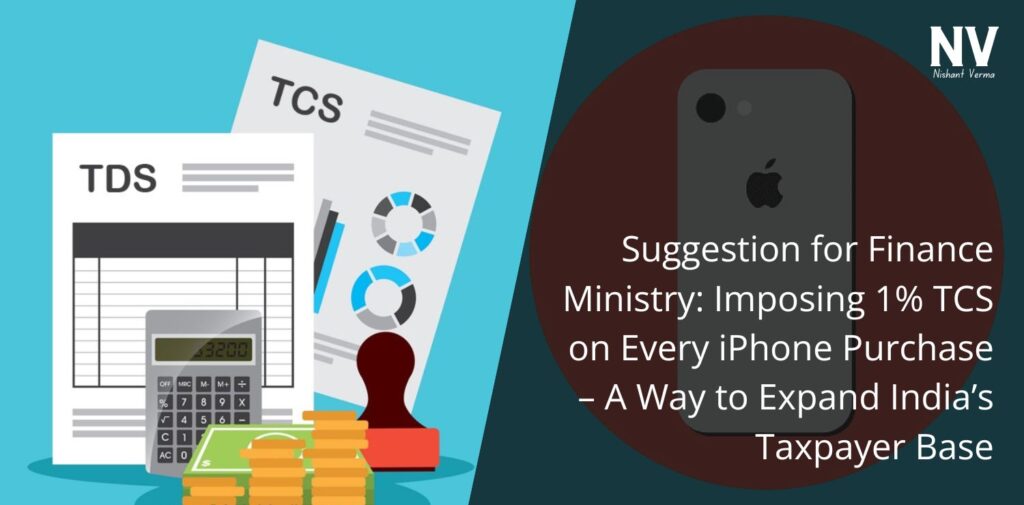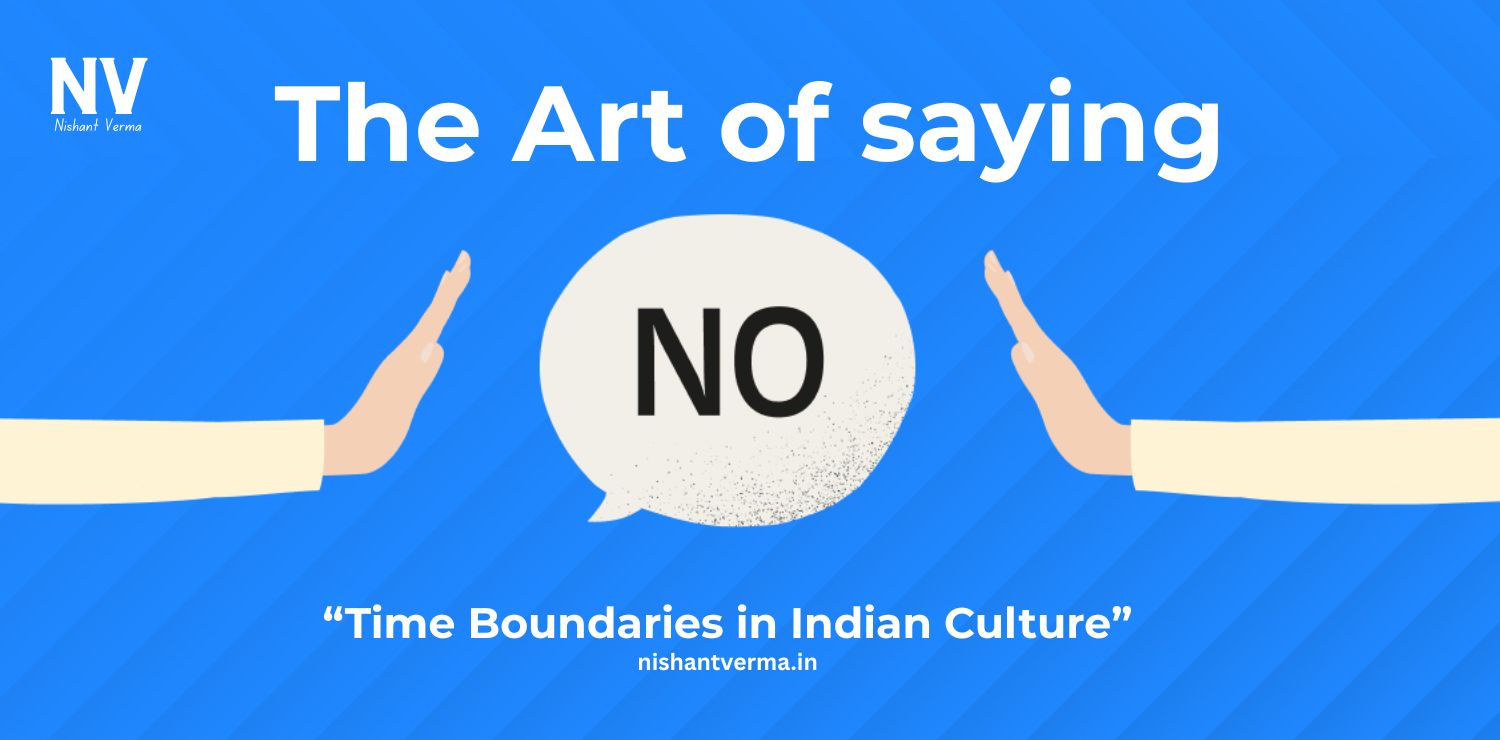Why should India introduce a 1% TCS on iPhone purchase?
In a country where tax evasion continues to be a challenge, a simple but effective solution could be the introduction of a 1% TCS on iPhone purchase. The iPhone, a popular luxury item in India, is often purchased by individuals who can afford high-end gadgets. A small, 1% TCS on iPhone sales could have a large impact, bringing more transparency to high-value cash transactions and increasing the number of people filing Income Tax Returns (ITR).
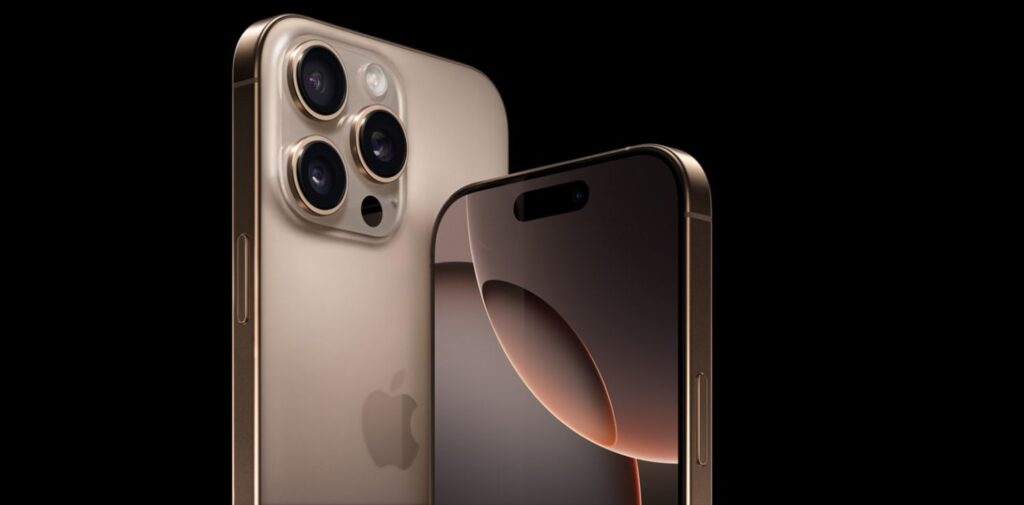
How would a 1% TCS on iPhones help catch tax evaders?
Many luxury items, including high-end smartphones like iPhones, are bought using cash, making it easier for individuals to avoid reporting these transactions in their tax filings. Some customers are willing to spend large sums, even as high as ₹71.5 lakh, to purchase multiple devices in bulk without leaving any digital trail. By imposing a 1% TCS on iPhone purchases, which is claimable during the ITR filing process, the government can ensure that buyers who can afford such expensive items are also contributing to the tax system.
For instance, if someone buys an iPhone worth ₹1,00,000, they would pay an additional ₹1,000 as TCS, which they can later claim when filing their taxes. While this may seem like a minor inconvenience for law-abiding citizens, it creates an incentive for individuals making these purchases to file their ITR and thus, helps the government track high-value transactions.
Will a 1% TCS really expand the taxpayer base?
Yes, it has the potential to significantly increase the taxpayer base. India, with a population of over 1.4 billion, has relatively few registered taxpayers. Luxury purchases like iPhones are a clear indicator of disposable income, yet many of these high-value transactions are made in cash, bypassing the tax system. By imposing TCS on iPhone purchases, the government can create a new source of data for tracking wealthier individuals who are either not filing taxes or underreporting their income.
The 1% TCS can act as a nudge for those who might otherwise avoid the tax system. Since TCS is refundable while filing the ITR, individuals who want to claim this refund must file their returns, thereby increasing the number of taxpayers.
What are the benefits for the government and citizens?
Increased Tax Revenue: While TCS is refundable, it forces people to disclose their income and transactions. This leads to better compliance with tax laws and more accurate reporting of income, helping to increase the government’s overall tax revenue.
Reduction in Cash Transactions: Since cash transactions for luxury items like iPhones often go unreported, adding a 1% TCS will discourage people from making large cash payments. This will help move the economy towards greater transparency and promote digital payments.
Simplifying ITR Filing: A small TCS of 1% is not a heavy burden on consumers, but it motivates them to file their ITR to claim the tax credit. This will push more people into the formal economy, expanding the taxpayer base.
Fairer System: This move would ensure that individuals making luxury purchases contribute their fair share to the country’s development. Even if the TCS is later claimed back, the government would have a record of their transactions, ensuring greater accountability.
Would this move target only iPhones or other luxury products as well?
While the focus of this article is on iPhones, the same logic can be applied to other luxury goods, such as high-end smartphones, laptops, and other electronics. The iPhone is one of the most popular premium products in India, making it an excellent starting point. However, the 1% TCS could easily be extended to other luxury items such as designer watches, expensive jewellery, or premium cars, further expanding the government’s ability to track high-end consumer spending.
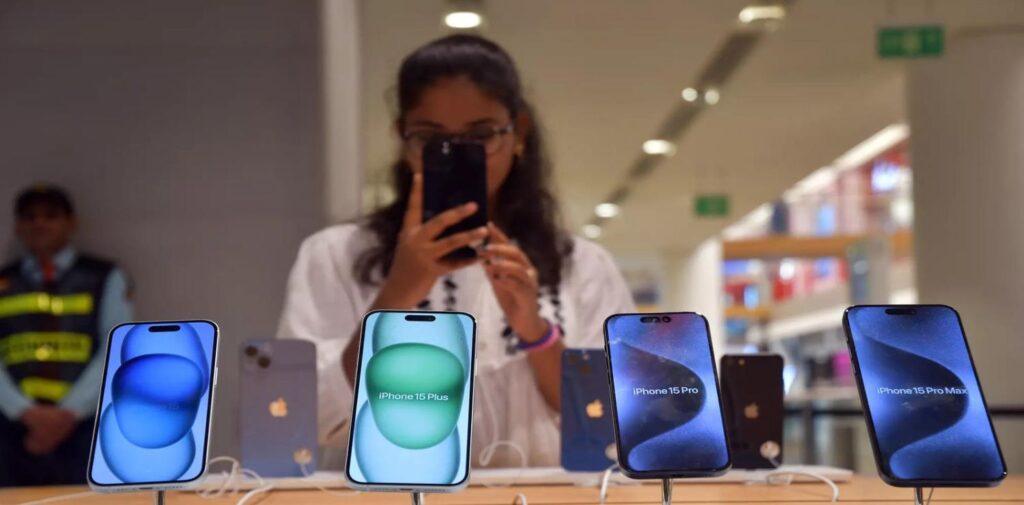
What are the potential criticisms of a 1% TCS on iPhone purchases?
Additional Financial Burden: Some might argue that even a small TCS adds to the already high cost of luxury items like iPhones. However, since this tax is refundable when filing an ITR, it is more of a short-term financial burden than a long-term one.
Impact on Retail Sales: Retailers might fear that customers would shy away from making purchases if an extra tax is imposed, even if it’s a refundable TCS. However, the ease of claiming the TCS refund through ITR filing should mitigate these concerns. Additionally, most iPhone buyers belong to higher income brackets, meaning the 1% TCS would not drastically affect their purchasing power.
Compliance Challenges: There could be logistical challenges in implementing TCS across different sales platforms, especially in the case of cash transactions. However, with the right digital infrastructure, TCS collection can be automated and integrated seamlessly into point-of-sale systems.
How can the Finance Ministry effectively implement this suggestion?
Awareness Campaign: The government should run awareness campaigns explaining that the 1% TCS is claimable during ITR filing and is not a permanent extra cost. This will encourage more people to comply with the new rule and file their returns.
Collaborating with Retailers: The Finance Ministry should collaborate with smartphone retailers, e-commerce platforms, and Apple stores to ensure that TCS is applied uniformly across all channels. They could also introduce a simple reporting system to ensure that these businesses are accurately collecting and remitting TCS to the government.
Use of Technology: Integrating the TCS collection system with digital platforms and banking channels will help streamline the process and minimize errors. This will make it easier for both consumers and retailers to comply with the new rule.
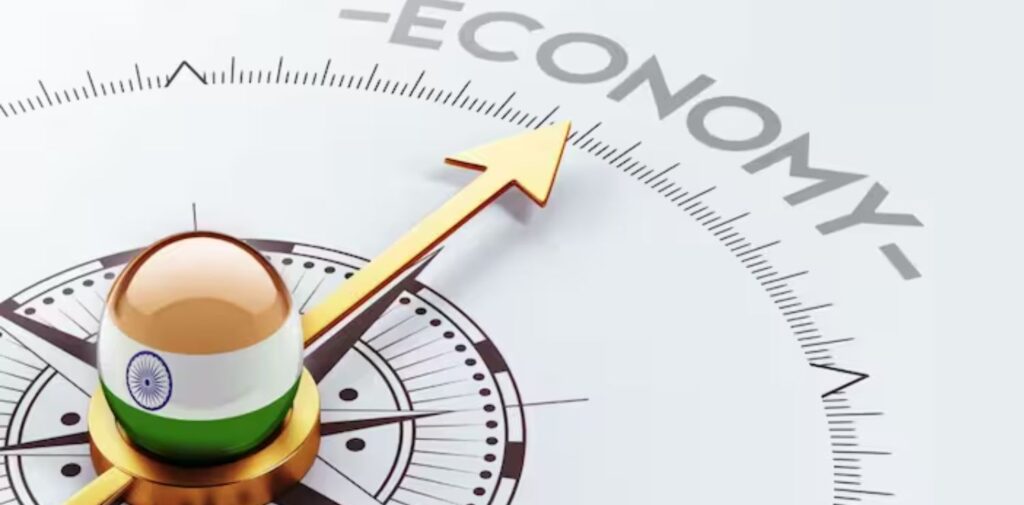
What impact will this have on India’s economy in the long run?
In the long term, introducing a 1% TCS on iPhone purchases could have a positive impact on India’s economy by expanding the taxpayer base, reducing tax evasion, and promoting greater financial transparency. More taxpayers mean more government revenue, which can be invested in public services and infrastructure. Additionally, a shift from cash to digital transactions will create a more transparent and accountable economy.
India is one of the largest markets for iPhones and other premium smartphones. By targeting these high-value purchases, the government can bring more high-income individuals into the tax system. This move is not just about collecting a small percentage of tax; it is about creating a culture of tax compliance and accountability.
Conclusion: Is the 1% TCS on iPhones a step towards a fairer tax system?
Yes, a 1% TCS on iPhone purchases is a simple yet effective measure to broaden the taxpayer base and discourage cash transactions. While it may not solve all issues of tax evasion, it is a step towards ensuring that high-value transactions are recorded and reported. By incentivizing individuals to file their ITR to claim their TCS, the government can encourage greater compliance and accountability. Ultimately, this move would promote a more equitable tax system, where luxury consumers contribute their fair share to the country’s development.

